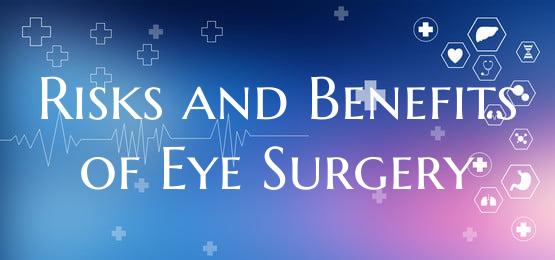
Risks and Benefits of Eye Surgery
Eye surgery can be a life-changing procedure for individuals seeking to improve their vision or alleviate eye-related issues. However, like any surgical procedure, there are risks and benefits associated with eye surgery that individuals should carefully consider before undergoing treatment.
One of the main benefits of eye surgery is improved vision. Procedures such as LASIK, cataract surgery, and corneal transplants can help correct refractive errors, remove cloudy lenses, or restore damaged corneas, respectively. This can lead to reduced dependence on glasses or contact lenses, allowing individuals to see more clearly and enjoy a higher quality of life.
Another benefit of eye surgery is the potential for long-term results. Many eye surgeries offer permanent or long-lasting vision improvements, reducing the need for ongoing treatments or frequent visits to the eye doctor.
However, along with these benefits, there are also risks associated with eye surgery that individuals should be aware of. Complications such as infection, dry eyes, overcorrection or undercorrection of vision, and corneal flap complications can occur after eye surgery. These risks can sometimes lead to vision problems or discomfort that may require additional treatment or surgery to correct.
It's essential for individuals considering eye surgery to consult with a qualified ophthalmologist to discuss their specific case, including their eye health, medical history, and lifestyle factors. By understanding the potential risks and benefits of eye surgery and having realistic expectations about the outcomes, individuals can make informed decisions about whether eye surgery is the right choice for them.